 |
Writing and Communicating your Science Place: IAA-CSIC Summary: There is no science without communication and no successful scientists without good writing and communication skills. You can do the best science that exists, if you don’t write papers about it – papers that get cited! – and if you don’t give presentations that impress people, your science will likely be ignored. Moreover, if you do not write convincing proposals that appeal to non-specialists, you won’t get observing time, nor the coveted post-doc position and certainly not the very competitive but needed grants to fund your research. Finally, as a scientist, it is your duty and privilege to communicate your science to the general public, policy makers and the media, and like all the rest, this is something that needs to be learned. This course is an introduction about how to get your message across in the various supports you need to use as a scientist. It is aimed are junior scientists who are writing their first papers and giving their first talks, but will also be helpful for colleagues with more experience. The skills learned in this course will be more generally applicable as well, whether or not you not plan to build a further career as an academic. The course will be split in sessions combining lectures and exercises. During the course and the exercises, you will refer to your own writing when we discuss items like title, abstract, introduction, or paragraph and sentence structure, so bring with you a short text of three paragraphs, with a title and a figure, that explains your research. Date: 13th to 16th of April 2026 URL: https://indico.iaa.csic.es/event/40/ |
|||
 |
Gestión de proyectos con metodologías ágiles y Redmine Place: IAA-CSIC Summary: 1. Introducción a las Metodologías Ágiles 2. Prácticas Ágiles Fundamentales 3. Instalación y Configuración de Redmine 4. Gestión Ágil con Redmine y el Plugin Agile 5. Caso Práctico: Adopción de Agile con Redmine 6. Conclusiones y Mejores Prácticas Date: 1st to 5th of December 2025 URL: https://indico.iaa.csic.es/event/37/ |
|||
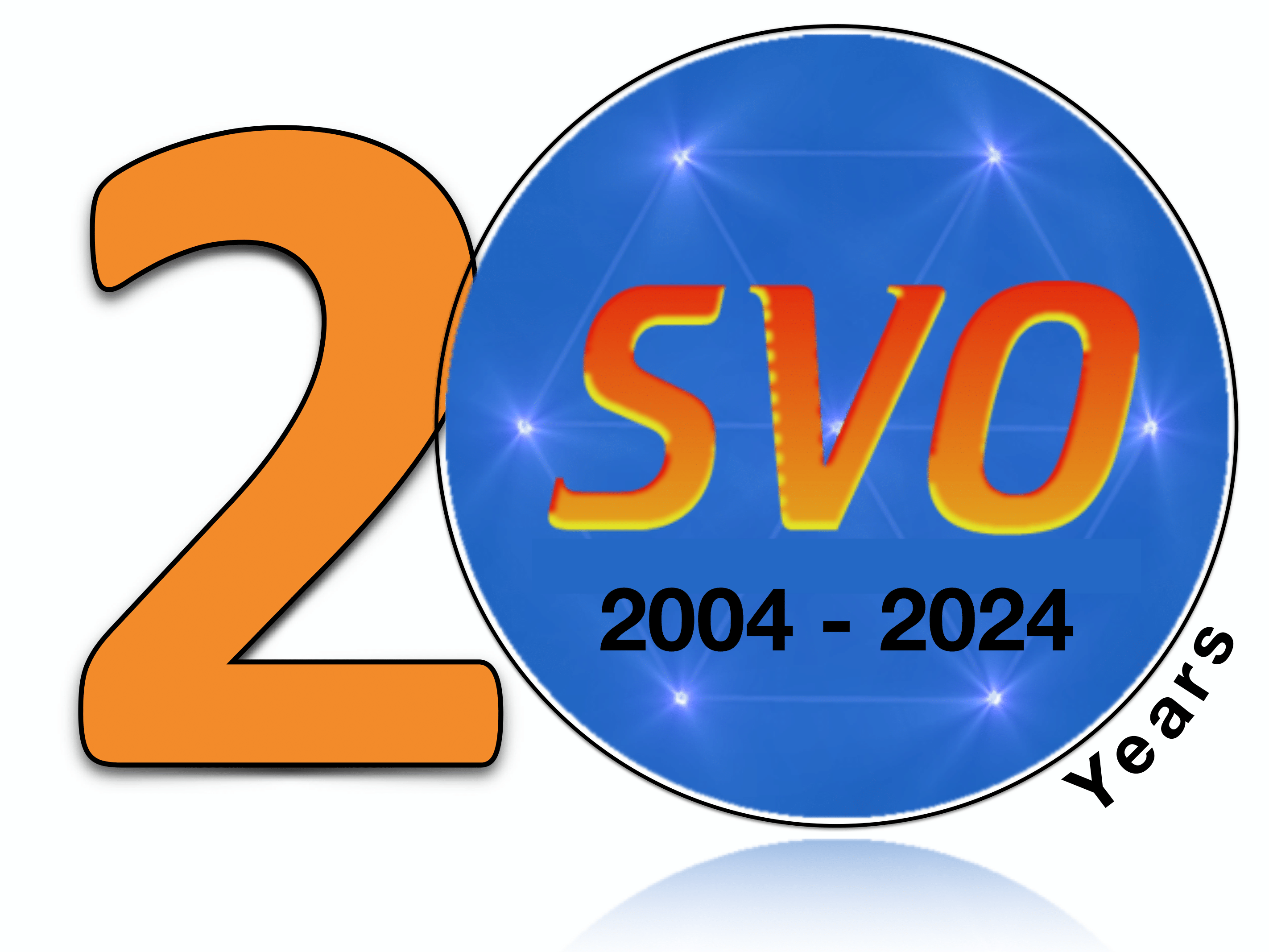 |
XXV Escuela SVO Place: IAA-CSIC Summary: The main goal of the school is to introduce participants to the capabilities of the Virtual Observatory for accessing and analyzing data from astronomical archives. Participants will become familiar with key Virtual Observatory tools by working through tutorials based on real scientific cases. Expert tutors from the Spanish Virtual Observatory will provide guidance throughout the school. The school will be conducted entirely in English.
Tutors: Raquel Murillo, Francisco Jiménez, Patricia Cruz, Ricardo Rizzo Organizers: Rainer Schödel, Enrique Solano Date: 11th to 12th of November 2025 URL: https://svo.cab.inta-csic.es/svoMeetings/index.php?mid=62&action=page&pagename=XXV_Escuela_SVO/Program |
|||
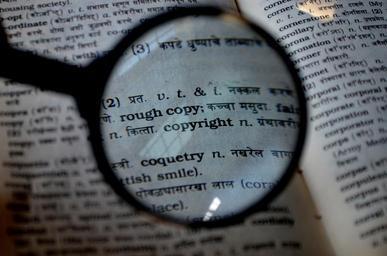 |
Seminar on Intellectual Property for Researchers Place: IAA-CSIC Summary: After this seminar, participants will know how to:
Contents
Participants are advised to bring a laptop.
This course is taught by Víctor Rodríguez Doncel (Universidad Politécnica de Madrid) Date: 31st October 2025 URL: https://indico.iaa.csic.es/event/30/ |
|||
 |
SO Basics of Neural Networks 2025 Place: IAA-CSIC Summary: Deep learning (DL) is a family of techniques widely used in multiple fields with excellent results. Unfortunately, DL has a steep learning curve. Fortunately, several domain-specific libraries have been developed to facilitate the use of DL models. For the widespread adoption of these techniques, researchers should be able to design and use their own DL models. Image classification is one of the main applications of DL in astrophysics and offers a convenient way to learn about neural networks. The de facto standard to tackle this problem is Convolutional Neural Networks (CNN), a concrete deep learning architecture. This course will serve as an introduction to Deep Learning with four sessions with the following objectives: understanding the basics of neural networks, getting to know the fundamental libraries and fundamental architectures, learning how to train a CNN, gaining confidence in using CNNs for image classification tasks, and learning how to evaluate their preformance.
The tutor of this school is Dr Francisco Eduardo Sanchez Karhunen (Universidad de Sevilla). Date: 16th to 17th of October 2025 URL: https://indico.iaa.csic.es/event/26/ |
|||
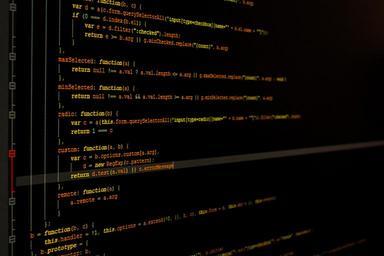 |
Programación Controladores Beckhoff Place: IAA-CSIC Summary: Los Controladores Lógicos Programables (PLCs) de la empresa Beckhoff son muy usados en la actualidad en muchos campos de la ingeniería industrial. Entre ellos, en el área de la instrumentación para astronomía, ya que el Observatorio Europeo Austral (ESO) los adoptó hace años como estándar para los sistemas de control de la instrumentación desarrollada para sus telescopios. Sus componentes principales son los PLCs basados en PCs, también conocidos como soft-PLCs, pero Beckhoff cuenta con un amplio catálogo de productos, tales como paneles de control táctil, tarjetas de entradas/salidas digitales y analógicas o fuentes de alimentación, que permiten desarrollar sistemas de control de subsistemas o instrumentos completos a partir de un diseño modular.
A día de hoy, tres de los proyectos de instrumentación en curso en los que la UDIT participa (MOSAIC, TARSIS, PACOO) están basados en controladores Beckhoff, lo que implica la necesidad de formación del personal encargado de su programación, configuración y desarrollo. En años anteriores ya se celebró un curso de iniciación a la programación en entorno Beckhoff (2019) y otro más específico para el control de motores (2021). El curso que se propone ahora está enfocado en otros aspectos más especializados en el desarrollo de este tipo de sistemas, tales como el uso de módulos de la familia TwinSafe, que se centran en la redundancia y seguridad, o la programación de dispositivos táctiles para la visualización y el control.» This course is taught by Dtisa Automation Systems Date: 30th of September to 2nd of October 2025 URL: https://indico.iaa.csic.es/event/36/ |
|||
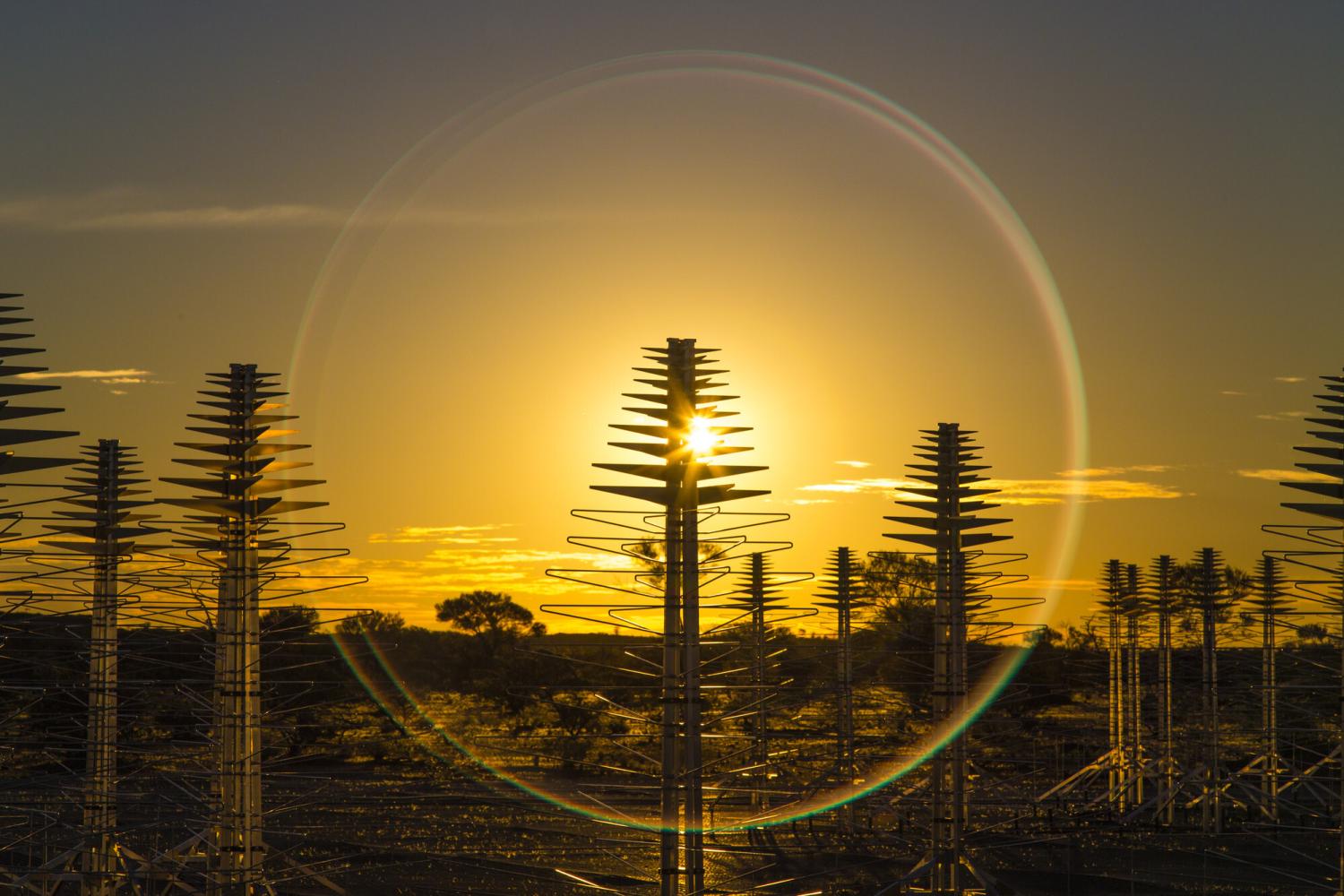 |
Extending Multi‑Wavelength Science to the Frontiers of the Electromagnetic Spectrum: Low‑Frequency Radio Astronomy Place: IAA-CSIC Summary: Radio astronomy is in the midst of a renaissance. Facilities such as LOFAR, the uGMRT and MeerKAT —pathfinders for the Square Kilometre Array (SKA)— are revealing the low‑frequency (MHz / metre wavelength regime) sky with unprecedented fidelity. Their discoveries arrive just as other game‑changing observatories (e.g. the ELT and CTAO) come online, creating a uniquely rich multi‑wavelength landscape. This workshop opens with a concise primer on radio astronomy before focusing on the science unlocked at tens to hundreds of MHz: from solar eruptive events and pulsar searches to the physics of jets, extragalactic star formation, galaxy clusters and the Cosmic Dawn. We outline the capabilities of current low‑frequency arrays such as LOFAR, uGMRT, MWA, NenuFAR and other SKA precursors, and summarise the data products most useful to the broader community, including ready‑to‑use survey catalogues and transient alerts. Practical guidance follows: how to access archives and virtual‑observatory services, integrate radio data with optical/infrared or gamma‑ray programs. We close with a look ahead to LOFAR 2.0, SKA‑Low and next‑generation facilities that will extend sensitivity and bandwidth, alongside emerging partnerships that link radio, optical and other observatories. Designed for researchers who wish to add a "radio lens" to their tool‑kit, the session balances scientific motivation with practical advice and concludes with an open discussion for deeper dives. Attendees will leave equipped to exploit the low‑frequency frontier and contribute to the next wave of transformative, multi‑wavelength science.
This course is taught by Etienne Bonnassieux (SO Postdoc, IAA-CSIC) Date: 17th September 2025 URL: https://indico.iaa.csic.es/event/39/ |
|||
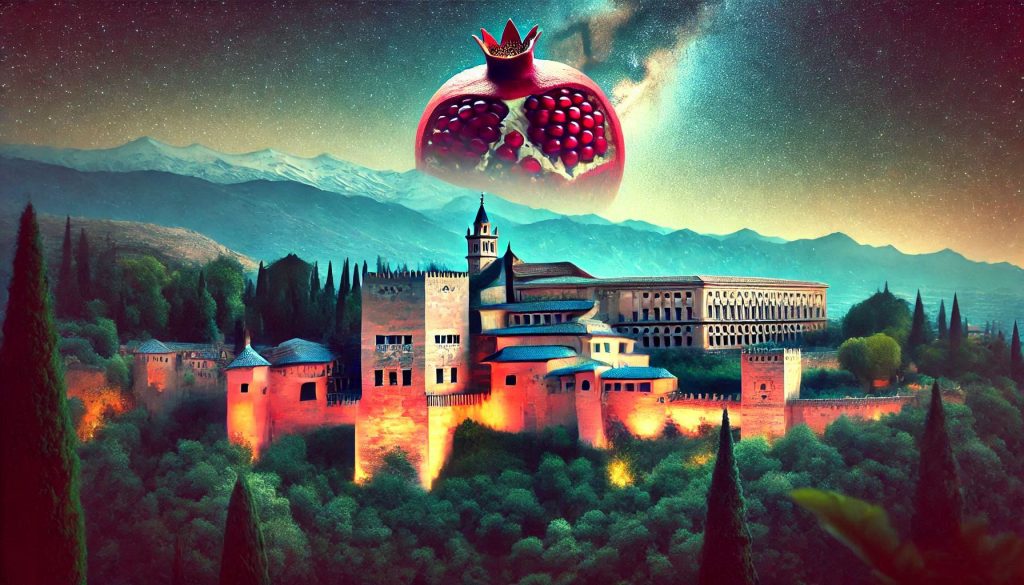 |
First Edition of the International Summer School on Advance Black Hole Physics "Tales of Black Holes" Place: Carmen de la Victoria, Granada Summary: Black holes are among the most fascinating objects in the universe. From cosmological scales, galactic and stellar scales where black holes are integral pieces in the formation and evolution of different structures, to microscopic scales in which the study of the fabric of spacetime and black hole interiors are interrelated, black holes are ubiquitous in all research areas in which gravity is a prominent actor. A proper understanding of many aspects of modern physics require being familiar with the concept of black hole; conversely, comprehending black holes in all their dimensions requires extensive knowledge in diverse branches of physics, including geometry, thermodynamics, fluid dynamics, quantum field theory and numerical analysis. Tutors: Sara Issaoun (Center for Astrophysics, Harvard & Smithsonian), Matt Visser (Victoria University of Wellington), Luis Lehner (Perimeter Institute) Date: 23rd to 27th of June 2025 URL: https://talesofblackholes.iaa.csic.es/ |
|||
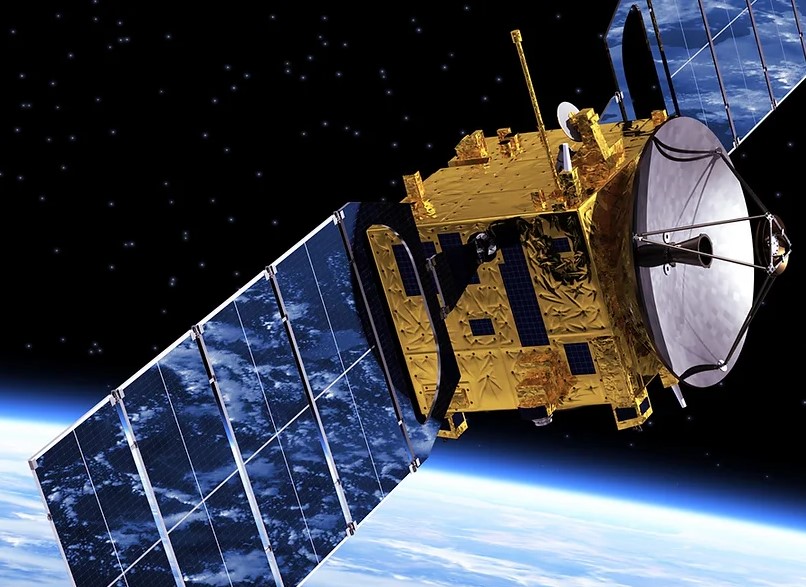 |
Mission Critical Design Place: Online Summary: FPGA’s and heterogeneous SoC’s are used in an increasing number of mission critical or high reliability applications. These applications span a diverse range from industrial, medical and scientific to defense, transportation and even space. For these devices to safely and reliability operate in an often-harsh environment, a more rigorous design approach is required. One that introduces both stricter engineering governance in the design process and design mitigation techniques.
ADIUVO engineering and training will teach the course. Date: 26th to 29th of May 2025 URL: https://indico.iaa.csic.es/event/29/ |
|||
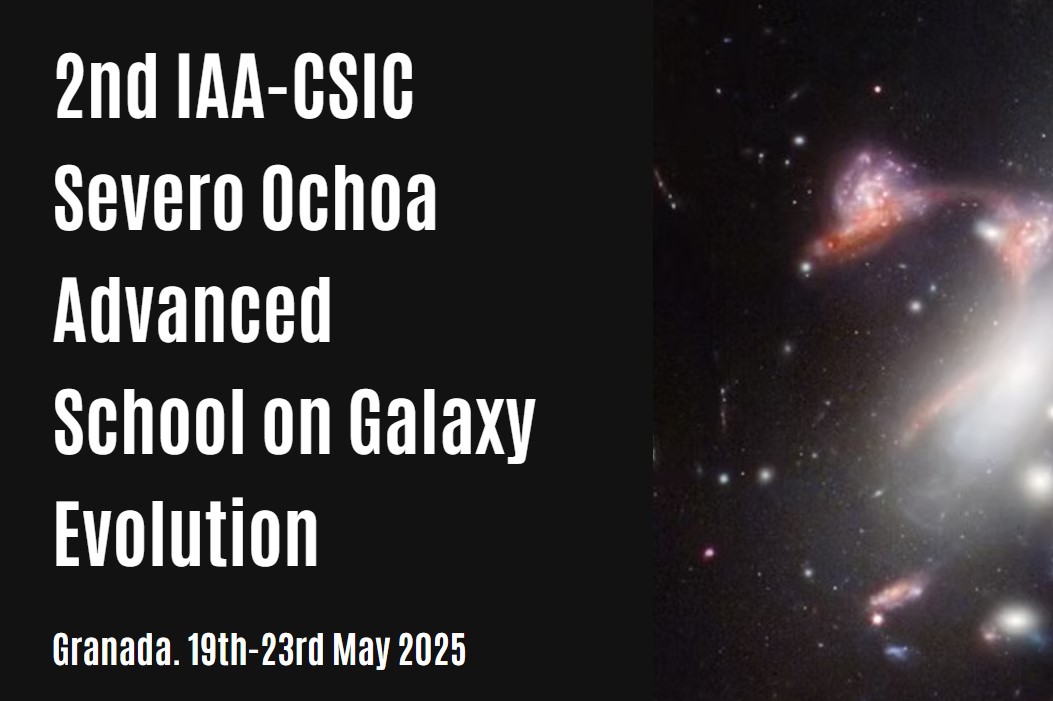 |
II Advanced School on Galaxy Evolution Place: IAA-CSIC Summary: The school is designed for researchers at all career stages who are particularly interested in the formation and evolution of galaxies. The school is ideally positioned to offer an up-to-date scientific perspective on the recent exciting findings in extragalactic research, especially from the JWST and other space- and ground-based facilities. Important Dates:
Date: 19th to 23rd of May 2025 URL: https://www.granadacongresos.com/galevol2025 |
|||
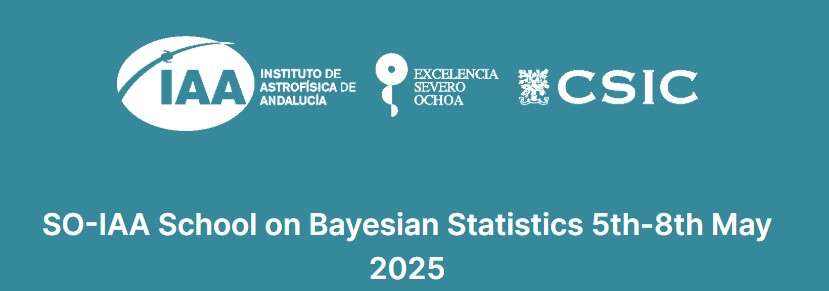 |
SO-IAA School on Bayesian Statistics Place: IAA-CSIC Summary: During five half days the school will cover topics from the basics of Bayesian inference over model fitting, computational methods to simulations. Practical exercises will be combined with the theoretical lectures The agenda will include:
Professors: Gwen Eadie (University of Toronto) and Daniela Huppenkothen (SRON, Netherlands) Date: 5th to 8th of May 2025 URL: https://indico.iaa.csic.es/event/24/ |
|||
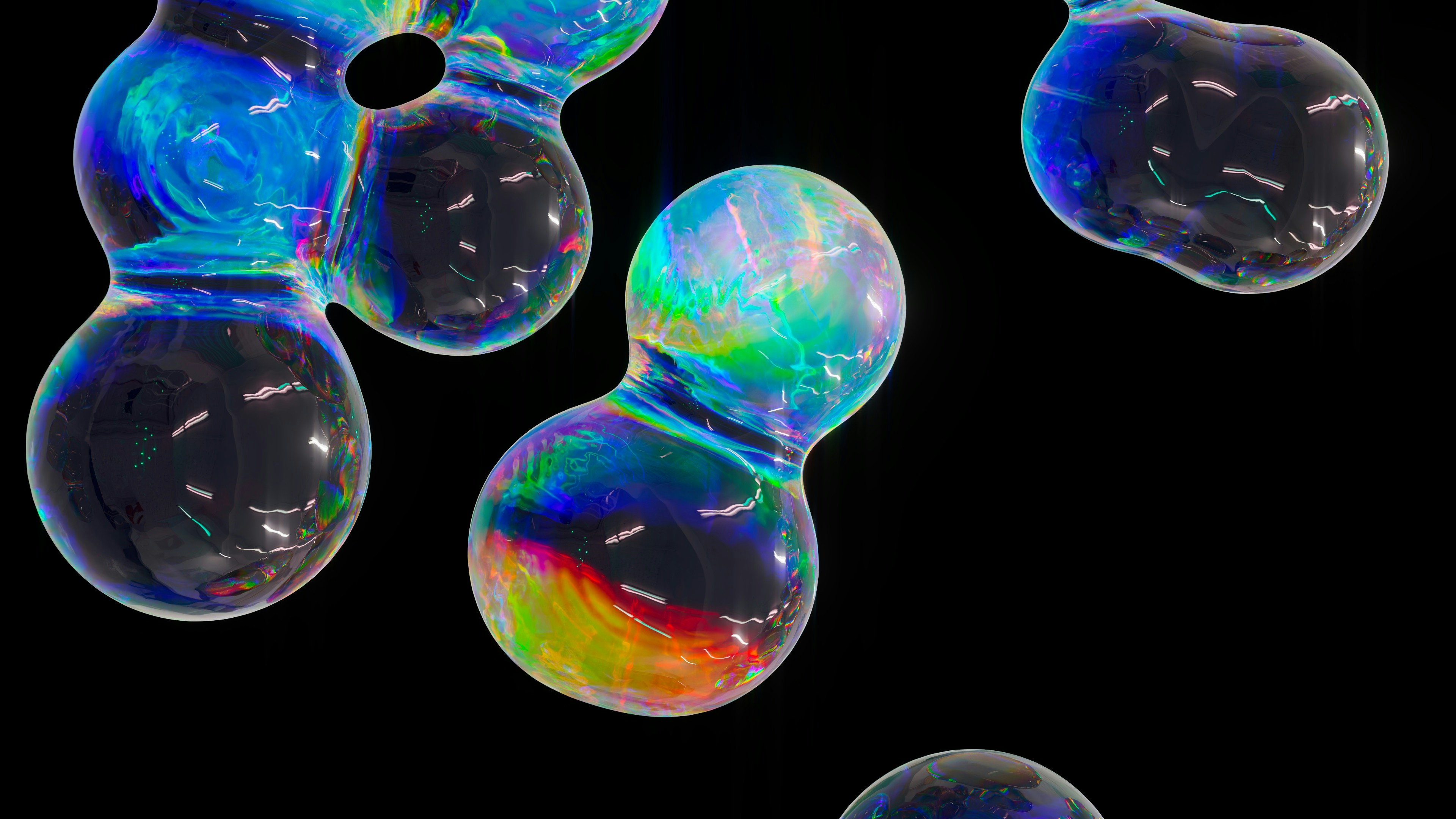 |
Element Abundances and the Chemical Evolution of the Cosmos Place: IAA-CSIC Summary: The course will be taught in seven sessions of 1.5 hours each, from 9:30h to 11:00h 3 Feb 2025: Cosmic elemental abundances. Data sources. Stellar abundances. Nebular abundances. 5 Feb2025: Primordial nucleosynthesis and abundances of the light elements. 10 Feb 2025: Outline of stellar structure and evolution. 12 Feb 2025: Stellar nucleosynthesis and principles of galactic chemical evolution. 17 Feb 2025: Specific models of galactic chemical evolution and comparison with availabledata. 19 Feb 2025: The chemical evolution of external galaxies. 20 Feb 2025: Element abundances at high redshifts and cosmic chemical evolution.
This course is taught by Professor Ángeles I. Díaz (Universidad Autónoma de Madrid) Date: 3rd to 20th of February 2025 URL: https://indico.iaa.csic.es/event/22/ |
|||
 |
Academic Spanish Course for Foreigners (2025) Place: IAA-CSIC Summary: The Academic Spanish course for foreigners is designed to facilitate effective communication in academic and profesional contexts. Through a practical and personalized focus, the participants will develop essential linguistic abilities to discuss scientific articles, participate in conferences, give presentations, and collaborate in international projects. The program includes technical vocabulary, beginner and advanced grammar, and simulations of real-life situations. Moreover, it will promote the cultural immersion to strengthen the comprehension of the Hispanic world, and their impact on interdisciplinary investigation and collaboration. This course will be taught throughout in the following blocks:
The course is taught by Prof. Nazira Ruíz Date: 21st of January to 4th of November 2025 URL: |
|||
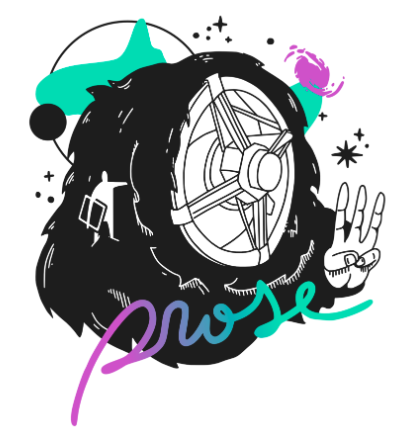 |
PySnack 10: PROSE Place: IAA-CSIC Summary: Approximately 75% of known exoplanets have been discovered by identifying transit signals in the light curves of their host stars. These discoveries start with the acquisition of raw images of the sky, followed by the extraction of stellar time-series photometry. In this workshop, we will process ground-based observations of the star TRAPPIST-1 to replicate the detection of its first exoplanet transit using original data from the TRAPPIST telescope. Participants will learn to calibrate raw images and extract TRAPPIST-1's light curve using prose, a Python package designed for modular image processing in astronomy. Finally, we will apply nuance, a detection algorithm tailored for identifying transits in noisy datasets. Overall, participants will gain hands-on experience in image calibration, light curve extraction, and transit detection, along with practical skills in using Python tools for astronomical data analysis. This course is taught by Lionel García (Center for Computational Astrophysics, Flat Iron Institute, New York) Date: 12th December 2024 URL: https://indico.iaa.csic.es/event/19/ |
|||
 |
PySnack 9: GASTLI (GAS gianT modeL for Interiors) Place: IAA-CSIC Summary: Understanding the interior composition of exoplanets is key to uncovering their formation and evolutionary histories, especially their metal content. By comparing observed mass and radius measurements with interior structure and evolution models, we can infer a planet’s metal mass fraction. With the advent of JWST, CHEOPS, TESS, and the upcoming PLATO, we are entering an era of unprecedented precision in exoplanet radius, age, and atmospheric metallicity measurements. This course will be taught by Lorena Acuña (MPIA-Heidelberg). Date: 2nd December 2024 URL: https://indico.iaa.csic.es/event/18/ |
|||
 |
Introduction to Github Place: IAA-CSIC Summary: This session is a hands-on introduction to using GitHub for scientific research collaboration. We will explore software repositories and their role in managing and sharing research work within a group. Key concepts—such as commits, forks, pushes, pulls, and pull requests—will be clarified with practical examples of their use. Participants will also receive practical guidance on repository management and effective collaboration techniques. The session includes a hands-on component where attendees will create repositories and work together to build and populate a shared repository using GitHub’s tools. This course is taught by Manuel Parra and Javier Moldón Date: 25th November 2024 URL: https://indico.iaa.csic.es/e/github2024 |
|||
 |
Writing and Communicating your Science: an IAA-CSIC Severo Ochoa Workshop Place: IAA-CSIC Summary: There is no science without communication and no successful scientists without good writing and communication skills. You can do the best science that exists, if you don’t write papers about it – papers that get cited! – and if you don’t give presentations that impress people, your science will likely be ignored. Moreover, if you do not write convincing proposals that appeal to non-specialists, you won’t get observing time, nor the coveted post-doc position and certainly not the very competitive but needed grants to fund your research. Finally, as a scientist, it is your duty and privilege to communicate your science to the general public, policy makers and the media, and like all the rest, this is something that needs to be learned. This course is an introduction about how to get your message across in the various supports you need to use as a scientist. It is aimed are junior scientists who are writing their first papers, but will also be helpful for colleagues with more experience. The skills learned in this course will be more generally applicable as well, whether or not you not plan to build a further career as an academic. This course is taught by Henri Boffin (ESO) and Johan Knapen (IAC) Date: 4th to 8th of November 2024 URL: https://indico.iaa.csic.es/event/16/ |
|||
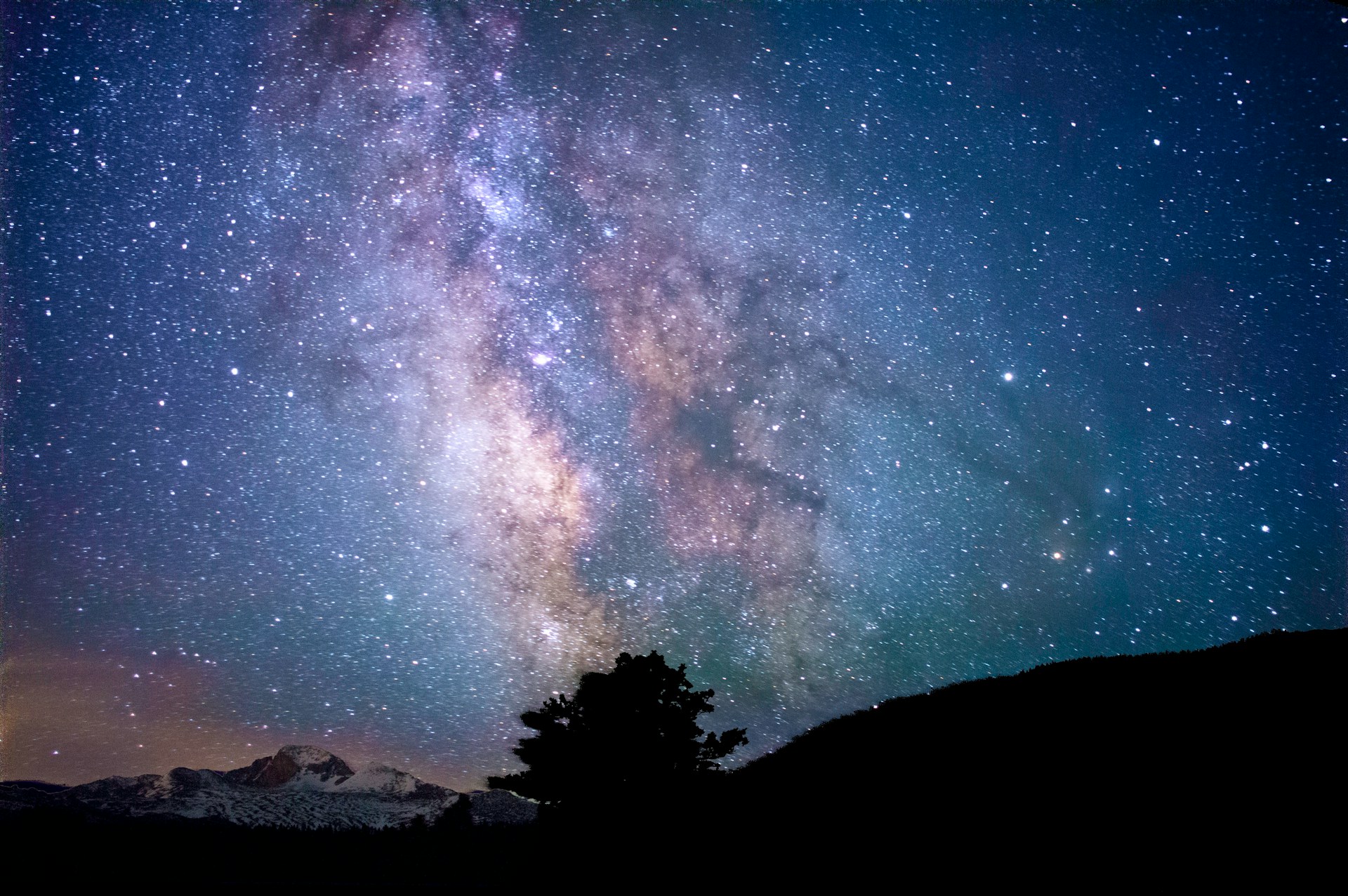 |
PySnacks 8: PyBDSF Place: IAA-CSIC Summary: The Python Blob Detector and Source Finder (PyBDSF) is a CASA-based software designed for source detection in radio-interferometric images. Originally developed for the Low Frequency Array (LOFAR), PyBDSF is designed to work on a wide range of scales, cataloguing different types of sources and allowing post-extraction filtering depending on the user’s scientific purposes. PyBDSF works on images produced by any radio-interferometer. In short, PyBDSF loads the image in fits or CASA format, computes some basic image statistics (rms and mean), and calculates a threshold to separate source from noise pixels with different algorithms that can be chosen by the user. Then, the program identifies islands of emission which are fitted with one or multiple Gaussians. The resulting source catalogue, which can be written into different formats (ascii, fits, txt,…) for subsequent analysis, provides key source properties such as astrometry, integrated and peak fluxes, source geometry, etc. In addition, internally derived images (rms noise maps, Gaussian residual and models, etc) are written in commonly used formats (fits or CASA) if specified by the user. It is possible to work with PyBDSF interactively in a terminal, or via Python scripts or notebooks. PyBDSF can work with all Stokes parameters and compute the polarisation percentage and angle for each source. Also, PyBDSF can compute the spectral indices of both extended and unresolved sources provided a frequency cube is input. Finally, PyBDSF can estimate the PSF spatial variation across the image and correct it. This is of special interest for low frequency observations (such as those of LOFAR) which are more prominently affected by ionospheric effects. This course will be taught by Miguel Cano (IAA-CSIC) Date: 31st October 2024 URL: https://indico.iaa.csic.es/event/17/ |
|||
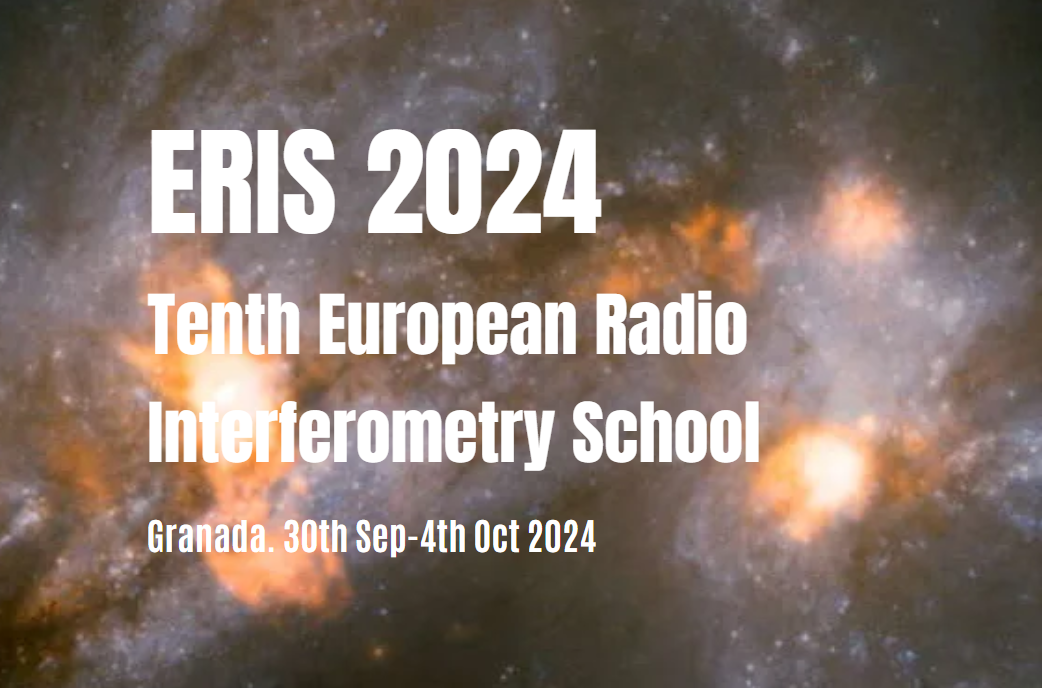 |
ERIS 2024: Tenth European Radio Interferometry School Place: IAA-CSIC Summary: The tenth edition of the European Radio Interferometry School, ERIS2024, will be held in Granada, Spain, from Monday September 30th to Friday October 4th, 2024. ERIS will provide a week of lectures and tutorials on how to achieve scientific results from radio interferometry. The school is co-organised by the Instituto de Astrofísica de Andalucía (IAA-CSIC) and JIVE - Joint Institute for VLBI ERIC. This school is sponsored by the OPTICON-RadioNET Pilot project and the Severo Ochoa training program of the IAA-CSIC. The topics covered by the lectures/tutorials will include:
Date: 30th of September to 4th of October 2024 URL: https://www.granadacongresos.com/eris2024 |
|||
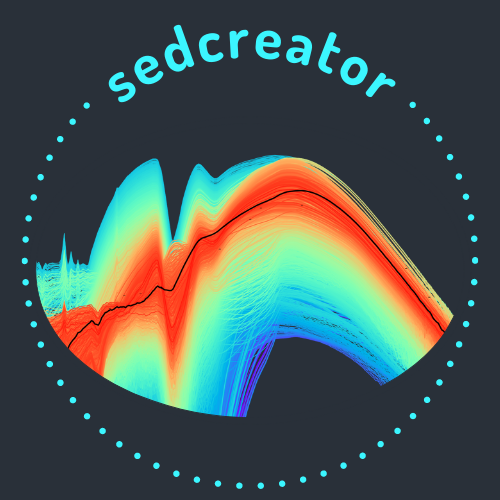 |
PySnacks 7: sedcreator: the python package to build and fit spectral energy distributions Place: IAA-CSIC Summary: Spectral Energy Distributions (SEDs) play a vital role in understanding the processes of star formation, especially in the context of massive protostars. The sedcreator Python package has been developed to streamline the construction and fitting of SEDs. This tool is developed in the context of massive star formation theories, particularly Core Accretion. It leverages data from the SOMA survey and the Zhang&Tan model grid, based on the Turbulent Core model, to provide a comprehensive approach to SED analysis. With this package, users can easily measure the flux on their selected object and fit these fluxes to a grid of models. This process allows for the estimation of critical physical properties associated with the forming protostar, such as the mass of the central protostar. The sedcreator package represents a significant step forward in the study of SEDs in the context of star formation and massive stars. This course will be taught by Rubén Fedriani. Date: 17th to 18th of June 2024 URL: https://indico.iaa.csic.es/event/10/ |
|||
 |
Academic Spanish Course for Foreigners (2024) Place: IAA-CSIC Summary: The Academic Spanish course for foreigners is designed to facilitate effective communication in academic and profesional contexts. Through a practical and personalized focus, the participants will develop essential linguistic abilities to discuss scientific articles, participate in conferences, give presentations, and collaborate in international projects. The program includes technical vocabulary, beginner and advanced grammar, and simulations of real-life situations. Moreover, it will promote the cultural immersion to strengthen the comprehension of the Hispanic world, and their impact on interdisciplinary investigation and collaboration. The course is taught by Prof. Nazira Ruíz Date: 9th of May to 30th of June 2024 URL: |
|||
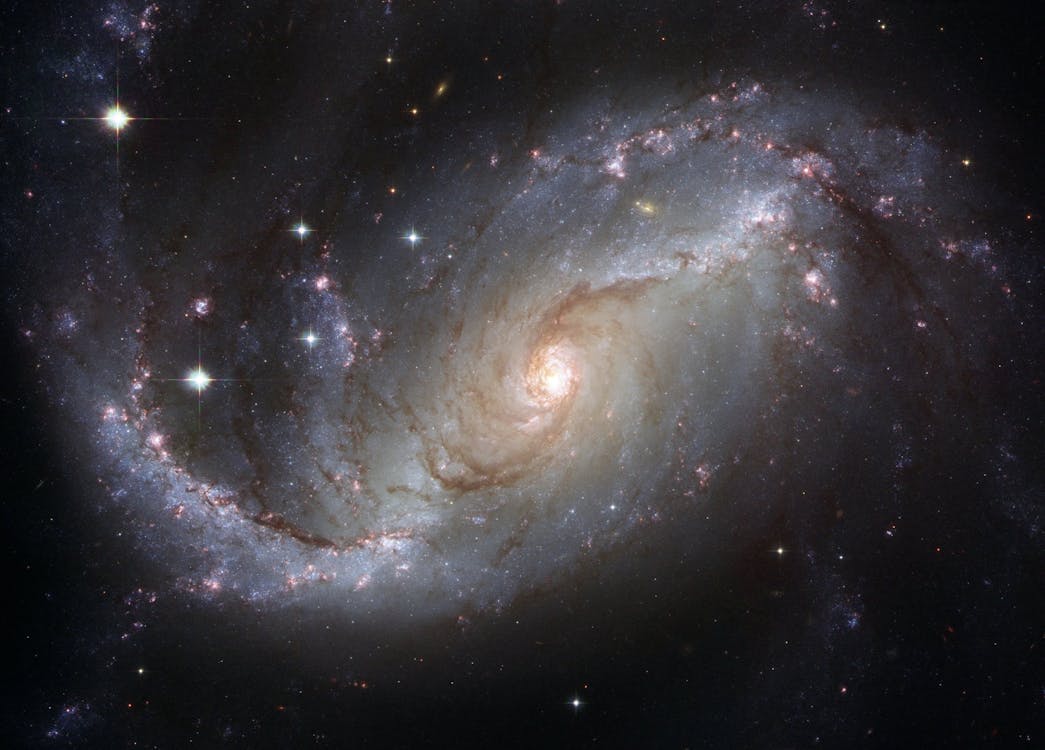 |
SO Training on Scientific Presentation in Astronomy Place: IAA-CSIC Summary: This course of our IAA SO Training programme will focus on how to impart scientific presentations. It will consist of a one hour lecture followed by up to four practical sessions every two weeks. The participants have the opportunity to impart presentations that they have either given recently or that they are preparing for upcoming events. The SO Training team (coordinator and/or co-coordinators) as well as the audience will provide the speaker with feedback. Up to two presentations (not longer than 25 min) can be accommodated per session. The participation in the practical sessions is optional, but all participants are strongly encouraged to impart a presentation in the practical sessions and also to attend those by others to learn and help with feedback. The sessions will take place bi-weekly on Tuesday afternoon.
Date: 30th of April to 25th of June 2024 URL: https://indico.iaa.csic.es/event/15/ |
|||
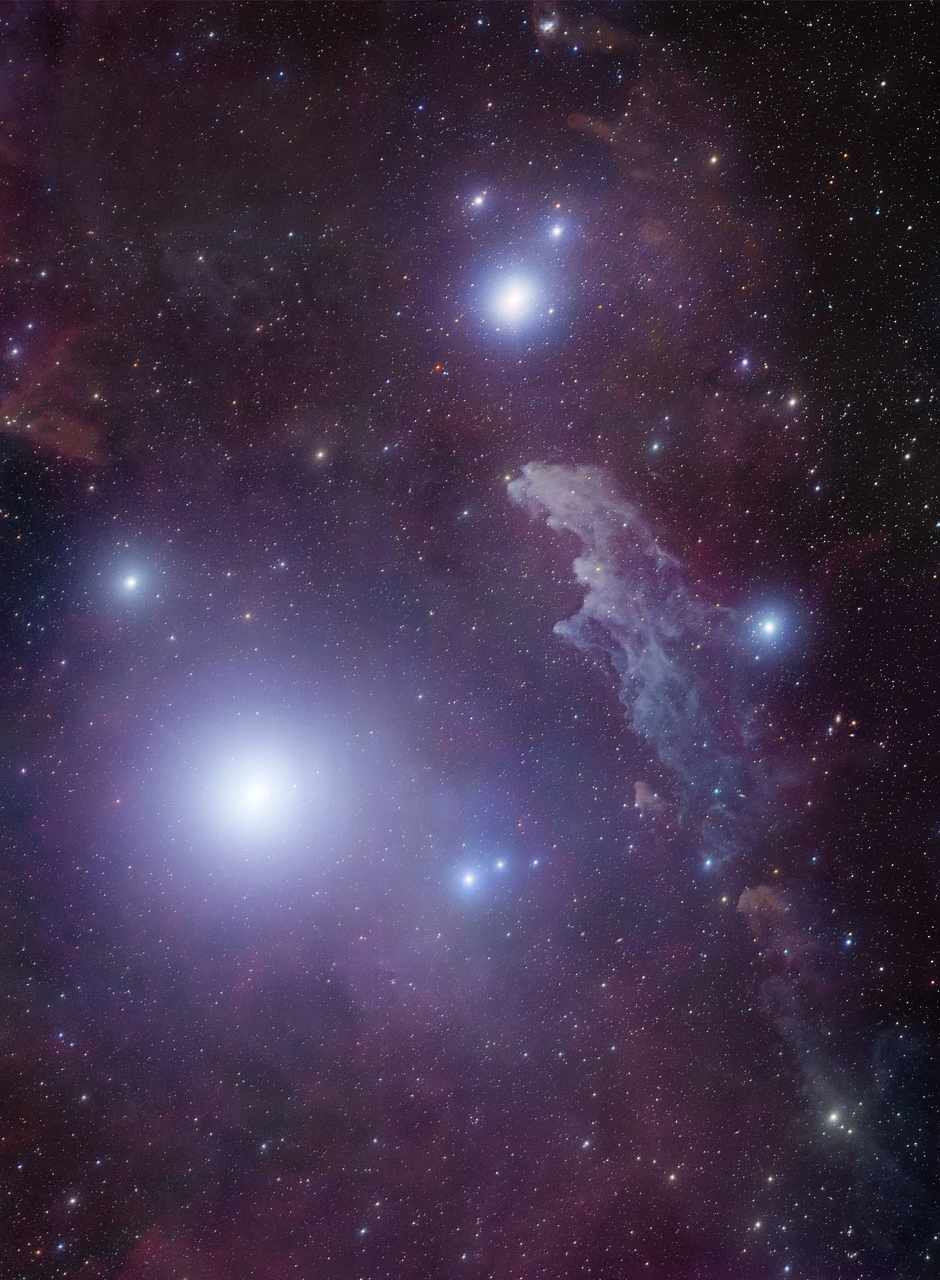 |
PySnacks 6: pyFIT3D/pyPipe3D: Resolved Properties of Stellar Populations and Ionized Gas with Galaxy IFS Data Place: IAA-CSIC Summary: The present course focuses on explaining the functionality of the pyFIT3D routine package and the pyPipe3D pipeline, and their practical use in deriving spatially resolved properties of stellar populations (using the population synthesis method) and ionized gas in galaxies observed through integral field spectroscopy. This applies to both large surveys (e.g., CALIFA, MaNGA) and individual observations (WEAVE, MUSE). The course is predominantly practical, primarily aimed at young researchers and students with basic knowledge of the subject. A computer with Linux/Unix/Mac or similar operating system, with Python3 installed, is required, and preferably, the following package should be installed in advance: http://ifs.astroscu.unam.mx/pyPipe3D/ This course is organized by Rubén Garcia Benito and it will be taught by Sebastián Sánchez (UNAM).
Date: 5th to 6th of March 2024 URL: https://indico.iaa.csic.es/event/14/ |
|||
 |
English for Academic Purposes Place: IAA-CSIC Summary: Within the Severo Ochoa Training Initiative of the IAA-CSIC we are offering the 2024 edition of "English for Academic Purposes", imparted by Ms. Marie Waltie of the University of Leipzig. The workshop will be in-person. Key aspects of the use of English for academic purposes will be highlighted and correct usage encouraged. Participants will comprehensively expand their competence in the academic use of English. The course will cover the following topics: • Common Errors in Academic English Fundamental knowledge of the English language as well as high motivation of the participants is a requirement because the course will be interactive. We can accommodate up to 30 participants. In case of over-subscription, we will give preference to students and young postdocs and/or may lead selection interviews. If you are interested in participating, please register before 31 January 2024 indicating whether you are interested in an INDIVIDUAL session of 20-25 min. Date: 19th to 23rd of February 2024 URL: https://indico.iaa.csic.es/event/11/ |
|||
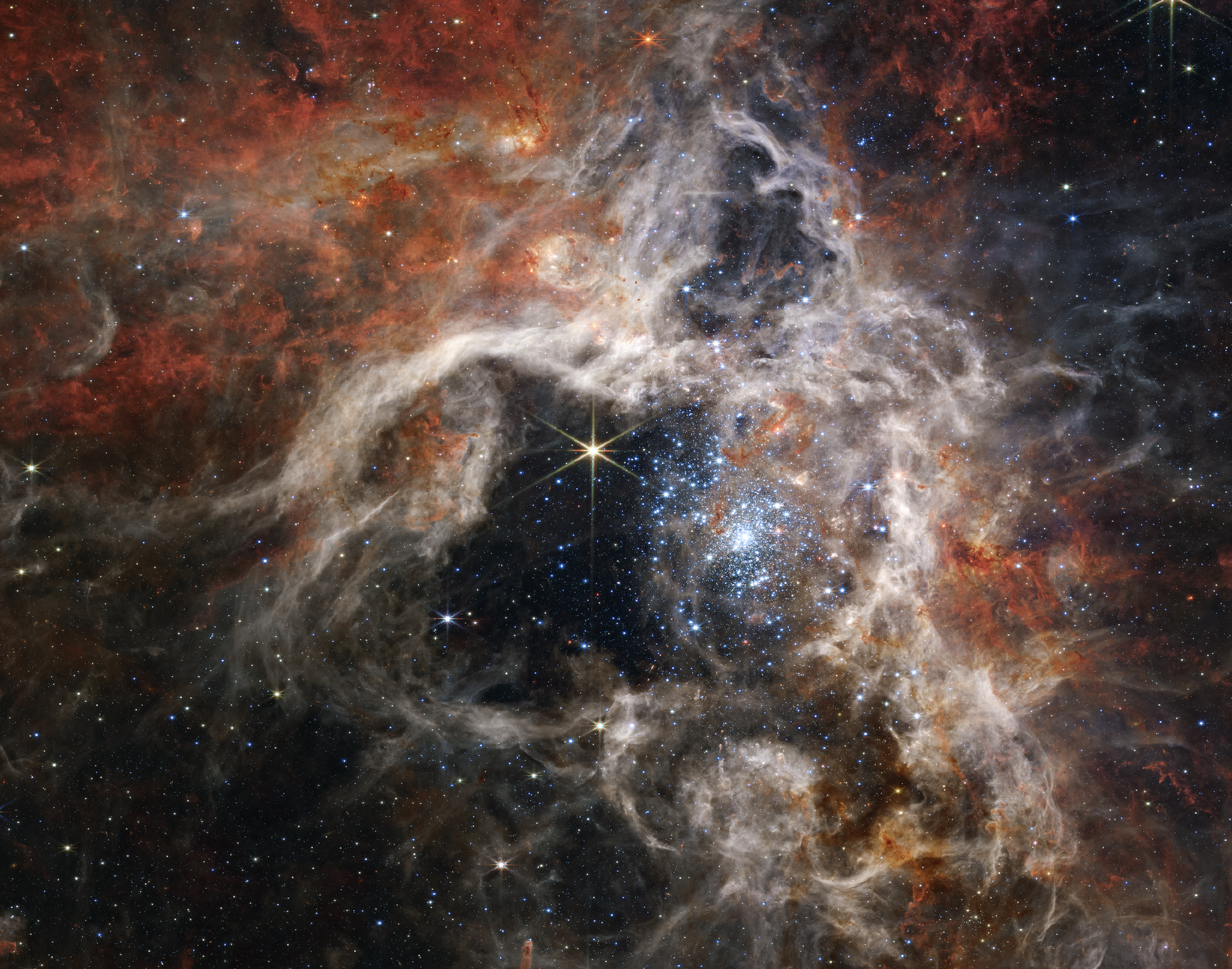 |
Severo Ochoa Advanced School on Star Formation Place: IAA-CSIC Summary: The IAA-CSIC Severo Ochoa Advanced School on Star Formation will be held in Granada, from Monday, November 27th, to Friday, December 1st, 2023. It is directed at researchers of all levels who have a special interest in star formation. This school will include an overview of basic concepts, but aims to go beyond textbook knowledge by providing insight into the current frontiers of research and will have a strongly interactive aspect with ample room for questions and discussions. Lectures will be short 'flash lectures’, no longer than 30 min, followed by questions and discussions. The participants will contribute to shaping the concluding discussions at the end of each day. The interaction among and between participants and tutors - to get to know each other’s research and perhaps even find ideas for common work - will be an important aspect of this school. The number of participants will be limited to 60 in person. Remote participation will be possible, but is not encouraged, because the school will be highly interactive Date: 27th of November to 1st of December 2023 URL: https://www.granadacongresos.com/starform2023 |
|||
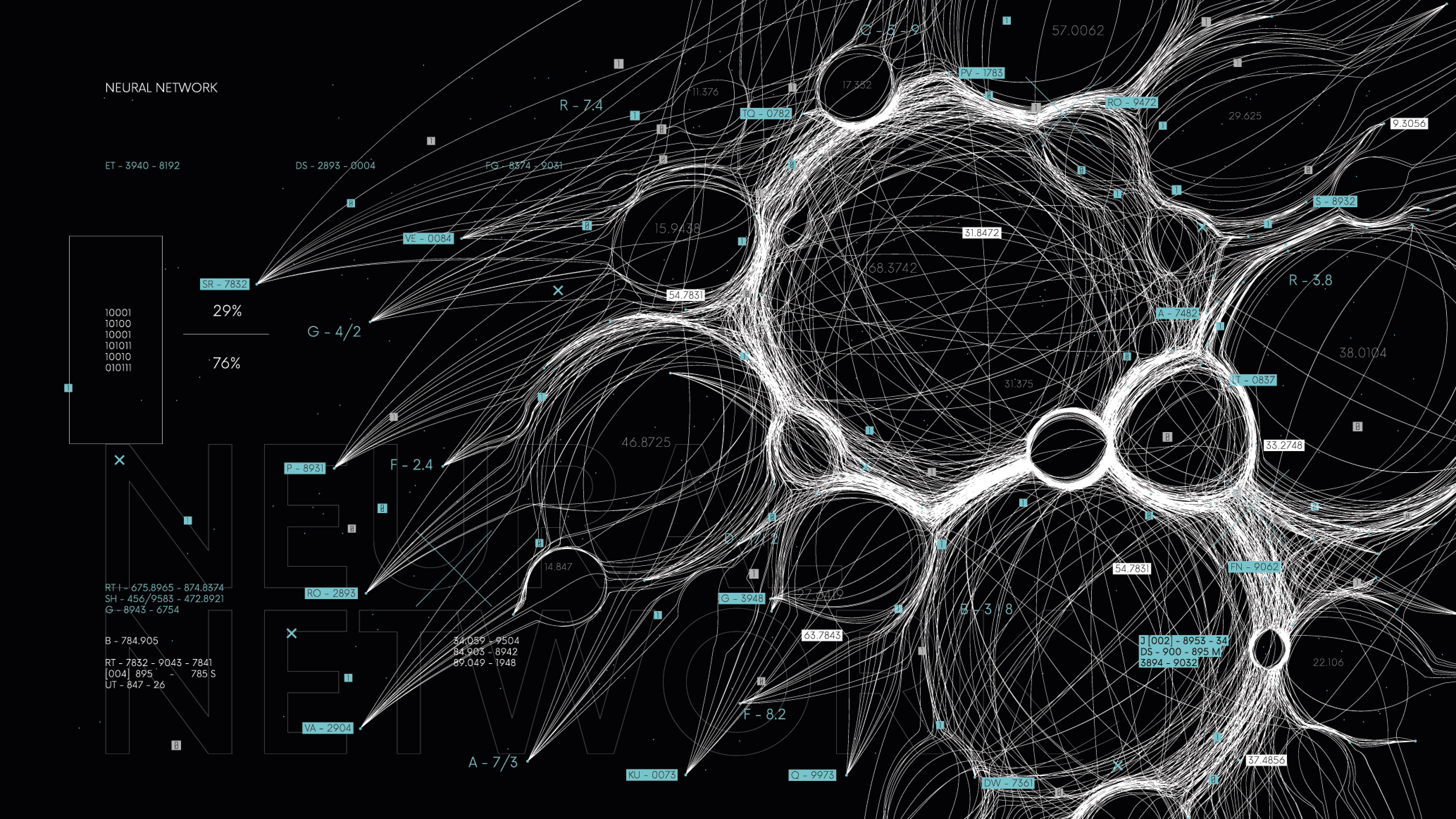 |
Severo Ochoa Basics of Neural Networks 2023 Place: IAA-CSIC Summary: Deep learning (DL) is a family of techniques widely used in multiple fields with excellent results. Unfortunately, due to its steep learning curve, its use is not as extended as desirable. Several domain-specific libraries have been developed to facilitate the use of these DL models with modest success. For the widespread adoption of these techniques, researchers should be able to design and use their own DL models. Image classification is one of the main problems in astrophysics. The de facto standard to tackle this problem is Convolutional Neural Networks (CNN), a concrete deep learning architecture. A good knowledge of this technique is essential for its proper application by researchers. These three sessions have been designed with a goal in mind: to gain confidence in using CNNs for image classification tasks. The tutor of this school is Dr Francisco Eduardo Sanchez Karhunen (Universidad de Sevilla). Date: 16th to 17th of November 2023 URL: https://indico.iaa.csic.es/event/4/ |
|||
 |
PySnacks 5: ASTROALIGN Place: On line Summary: ASTROALIGN is a python module that can serve to align two astronomical images. It determines the solution by finding similar 3-point asterisms (triangles) in both images and estimating the affine transformation between them. ASTROALIGN is particularly useful when there is no WCS information available or when the images to be aligned have been taken at different wavelengths and initial “by eye” alignment is very challenging. In this 1h workshop I will impart a brief introduction into the capabilities of ASTROALIGN and how to use it. This course will be taught by Rainer Schödel. Date: 14th November 2023 URL: https://indico.iaa.csic.es/event/8/ |
|||
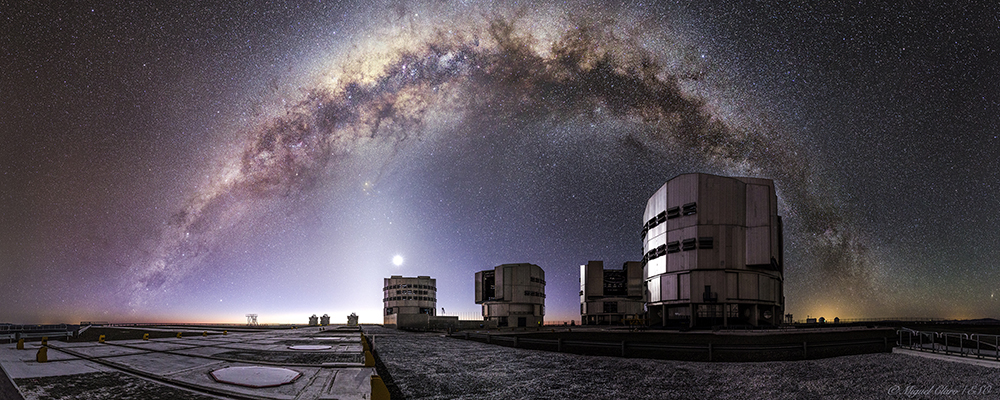 |
Near-Infrared Interferometry Place: IAA-CSIC Summary: This event is a discussion session on applications of near-infrared (NIR) interferometry. It will be given by Maria Koutoulaki. Maria Koutoulaki is an expert in near-infrared (NIR) interferometry and her main research interests are in star formation and protoplanetary disks. We think it may be interesting for the IAA community, especially for PhD students, to learn more about this type of observations and see if one could apply it to their own projects. Content The main topics will be: 1) What is near-infrared interferometry? 2) What are the facilities out there? 3) Young Stellar Objects as seen through the eye of VLTI? 4) What can I do with it? 5) Discussion Date: 2nd October 2023 URL: https://indico.iaa.csic.es/event/7/ |
|||
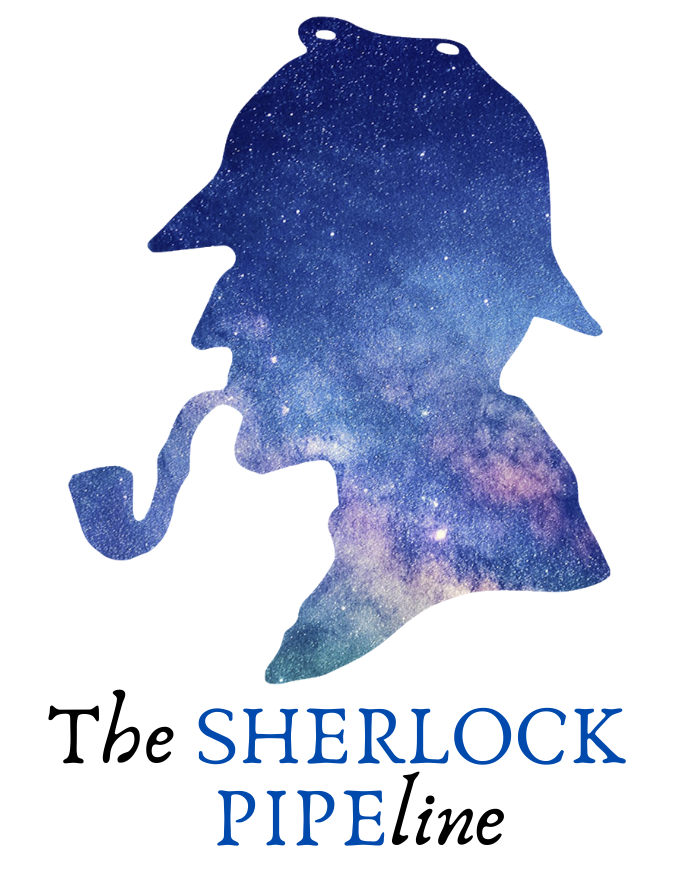 |
PySnacks 4: SHERLOCK: A python pipeline to explore space-based observations in the search for planets Place: On line Summary: SHERLOCK is an end-to-end public pipeline that allows the users to explore the data from space-based missions such as TESS and Kepler/K2 to search for planetary candidates. It can be used to recover alerted candidates by the automatic pipelines such as the Science Processing Operations Center (SPOC) and the Quick Look Pipeline (QLP), the so-called Kepler objects of interest (KOIs) and TESS objects of interest (TOIs), and to search for candidates that remain unnoticed due to detection thresholds, lack of data exploration or poor photometric quality. To this end, SHERLOCK has six different modules to (1) acquire and prepare the light curves from their online repositories, (2) search for planetary candidates, (3) vet the interesting signals, (4) perform a statistical validation, (5) model the signals to refine their ephemerides, and (6) compute the observational windows from ground-based observatories to trigger a follow-up campaign. SHERLOCK is being used in the SPECULOOS and FATE projects and can be applied to all kinds of similar projects with ease. This course is being organized by Cristina Rodríguez and Fran Pozuelos and it will be taught by Fran Pozuelos (IAA-CSIC). The workshop will be performed as follows: 1) General presentation of SHERLOCK. Introduction about the motivation to develop this pipeline and its capabilities compared to others and some projects that use it. (~0.5h) 2) The SHERLOCK workflow. Explanation about all the steps performed by SHERLOCK and how to vet the results to identify a detected signal as a potential planet. (~1.5h) 3) Examples. In a hands-on session, examples of a SHERLOCK execution will be given. (~1h) Date: 21st June 2023 URL: https://docs.google.com/forms/d/e/1FAIpQLSf3LCWdpRFmz0JVl9GtG52KDRaGLKNEEw674XWkOWWAAqz6JQ/viewform?usp=pp_url |
|||
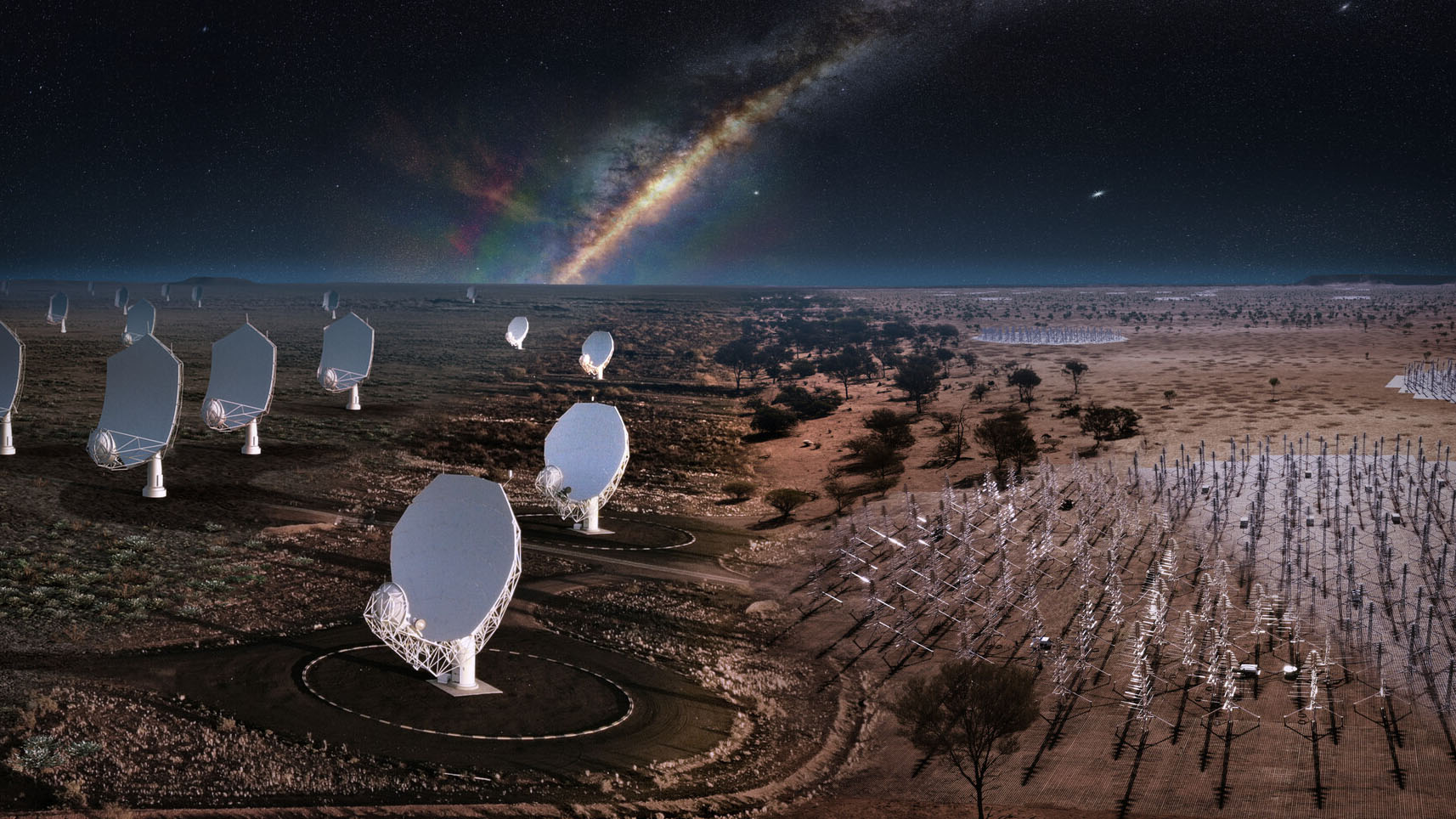 |
IAA-CSIC Severo Ochoa SKA Open Science School Place: IAA-CSIC Summary: SKA will be a world-leading facility and as such it aims to follow and lead best practices in scientific integrity such as those promoted by the Open Science movement. The concept of Open Science facilitates reproducibility of scientific studies by making data and methods more accessible, understandable and reusable. Furthermore, Open Science contributes to democratising information and to reducing inequalities in the access to infrastructures, hence impacting areas related to some of the United Nations Sustainable Development Goals. Open Science is rooted in SKA’s foundational principles and the reproducibility of SKA science data products is one of the Observatory metrics for scientific success. The SKA Regional Center Network (SRCNet) will play a key role enabling big scientific collaborations and it will provide the framework to implement SKA Open Science policies. The school will provide a general overview of different aspects of Open Science and how it is connected to collaborative and sharing practices that are encouraged by the SKA Observatory. This school brings an opportunity to anyone from the astronomy and the SRCNet community to have a complete and detailed view of Open Science policies, tools, as well as the ongoing activities related to Open Science at the SKAO and the SRCNet. International experts will provide a detailed and updated view on each of the school topics, and lectures as well as tutorials and hands-on sessions will facilitate our understanding from a practical point of view, encouraging questions and discussion. Date: 8th to 10th of May 2023 URL: https://www.granadacongresos.com/skaopenscience |
|||